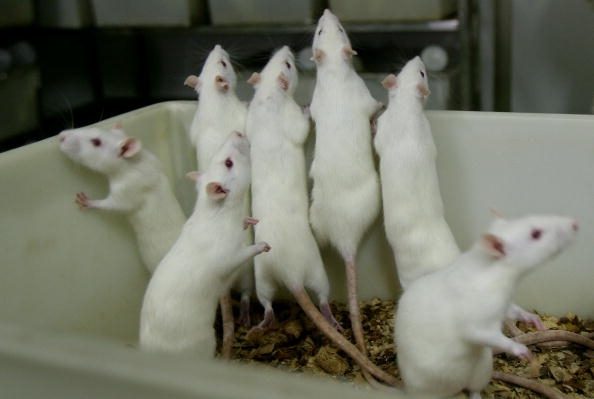
For decades, neuroscientists have worked with the theory that retrieving memories about specific places and events involves coordinated activity between the cerebral cortex and the hippocampus, a small structure found deep in the brain.
This theory was difficult to test, until the arrival of optogenetics, a relatively new technique where researchers can manipulate and study nerve cells using light.
Like Us on Facebook
Using optogenetics, Kazumasa Tanaka, Brian Wiltgen and colleagues at the University of California at Davis Center for Neuroscience and Department of Psychology were able to use light to erase specific memories in mice, reports Science Daily.
"The theory is that learning involves processing in the cortex, and the hippocampus reproduces this pattern of activity during retrieval, allowing you to re-experience the event," said Wiltgen. "If the hippocampus is damaged, patients can lose decades of memories."
For the research, Wiltgen and Tanaka used genetically modified mice which were tagged with fluorescent proteins so that when nerve cells were activated, they appeared bright green and expressed a protein that allows the cells to be switched off by light.
The researchers were able to determine which nerve cells in the cortex and hippocampus were activated in learning and memory retrieval and switch them off with light directed through a fiber-optic cable.
They trained the mice by placing them in a cage where they received a mild electric shock. Typically, mice placed in a new environment will move around and explore, however, when they were placed in a cage where they have previously received a shock, they just froze in place.
Tanaka and Wiltgen established that they could label the cells involved in learning and demonstrate that they were reactivated during memory recall. Then they were able to switch off the specific nerve cells in the hippocampus and show that the mice lost their memories of the electric shock.
"The cortex can't do it alone, it needs input from the hippocampus," Wiltgen said. "This has been a fundamental assumption in our field for a long time and Kazu's data provides the first direct evidence that it is true."
The research was published in the journal Neuron.
Open all references in tabs: [1 - 4]
